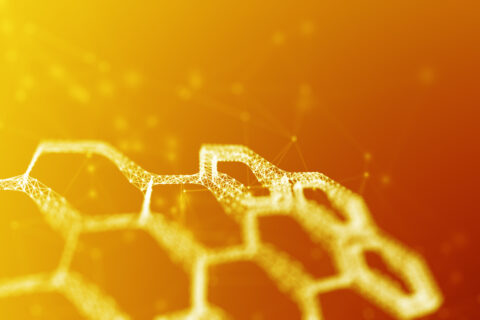2020-21 have been momentous and traumatic years for the whole planet, and it has been a crazy ride! We would all like to think that we are coming out of it unscathed- that we have survived a global pandemic and lived to tell the tale. But is it really as simple as that?
The truth is that the psychological effects of COVID-19 are more profound than most of us would like to admit.
In fact, psychologists have compared the mental effects to experiencing something as traumatic as a war- what we all know as PTSD or post-traumatic stress disorder.
According to psychologists, most disasters follow a similar course of psychological reactions, and the pandemic has been no different. It has led us through a string of responses from confusion to fear to acts of self-preservation.
Yes, fear and confusion are natural and a given as we grapple with the unknown. But now, as we limp back to a new normal or even the next lockdown and more uncertainty, what is our subsequent reaction and next emotion going to be?
The question is how do we grow from our experiences with the pandemic?
Rising out of the ashes like the proverbial phoenix?
Renowned psychologist Richard Tedeschi shared some powerful tips for post-traumatic growth.
These tips resounded with me at a personal level and I would like to share them:
1. Appreciate life
Every one of us has gone through some grief or loss during the lockdown. Whether it is the loss of a loved one, friend, or even the loss of our way of life. And instead of wallowing in our loneliness, despair, and hopelessness, we should try switching over to something that we like or that lifts our spirits.
It could be a simple thing that makes you happy. For example, I listen to a curated playlist of inspiring songs that help me lift my mood when I feel overwhelmed. It leaves me feeling inspired and renewed, and we all need to be resuscitated from time to time.
2. Tap into your personal strength
All of us have that force within us that helps us gather our resources and fight on. The opposite of fear is not fearlessness but courage, and we have to learn to tap into the deep well of courage and durability within us and adapt to the situation.
I tend to find my courage by taking stock of what I have and what I have accomplished (despite the odds) instead of dwelling on what I have not succeeded in. It gives me a sense of positivity and the will to fight on. It is not easy, but I have discovered that it is possible to find hidden stores of courage through the people around you and deep in yourself.
3. Take on new responsibilities
Change is inevitable. The adage- “the only thing that is permanent is change” may sound romantic, but the truth is that change can be challenging to cope with- especially when it is rapid.
The pandemic has been a struggle for all of us. I often find myself wondering how to cope, getting grumpy, tired, and ill-tempered. Sometimes stress causes my hands to not talk to my body. But we humans are survivors- we just don’t know it, but we are wired to make it through the odds, and that is why we have endured and not gone extinct yet. We have always found new ways of doing things and adapting, and now is the time to do precisely that- find new systems to navigate a new future.
4. Practice self-compassion
We are in an age where perfection is everything. Being superhuman is glorified. The focus is on being in control, excelling, not falling behind under any circumstances, judging ourselves, our achievements and even our bodies harshly and doing the same with people around us.
Except that this is a distorted perception of reality and is not sustainable. We are setting ourselves up for a fall. I have discovered that growth can only come from accepting our shortcomings and preparing ourselves for failures. And the beauty of it is that it is ok to fail- we are human, after all.
But what do these have to do with our brands and businesses?
I am sure you are thinking that appreciating life, tapping into strength, taking on new responsibilities and practicing compassion are all very good at a personal level but how does it translate for our brands and businesses?
How can brands and businesses contribute to post-traumatic growth? The answers lie in being human and creating human brands.
How?
I like to think that we are currently at the ‘heroic behaviour’ stage in the course of psychological reactions during disasters. And heroes are said to possess a great deal of compassion, kindness, and empathy.
As we sometimes tend to think, showing self care, compassion, and kindness is NOT weakness!
Kristin Neff speaks about why we need the elements of kindness, compassion, common humanity and mindfulness, and why non-judgment, connectedness are extremely crucial at this time.
As brands and businesses, we need to understand how to demonstrate these traits.
We speak of forming bonds and relationships with our customers/ employees and understanding them. But is that only reserved for fair weather or to sell products and services?
Let’s seize the opportunity and press that reset button!
Yes, it may be uncomfortable, but to me, post-traumatic growth means re-thinking how we can conduct ourselves as individuals, brands and businesses.
I have no answers- all I can leave you with is a question.
As people from the marketing and business fraternity, what role are we going to play in the healing process? Can we get people and consumers to be part of this journey and create strong brands for the future?
“All we need is hope, and for that, we have each other…” -Rise Up by Andra Day
If you loved this article (as much as we loved writing it) and have thoughts to share or even questions to ask, do get in touch with us at https://www.ormaxworld.com/. We would love to hear from you!


